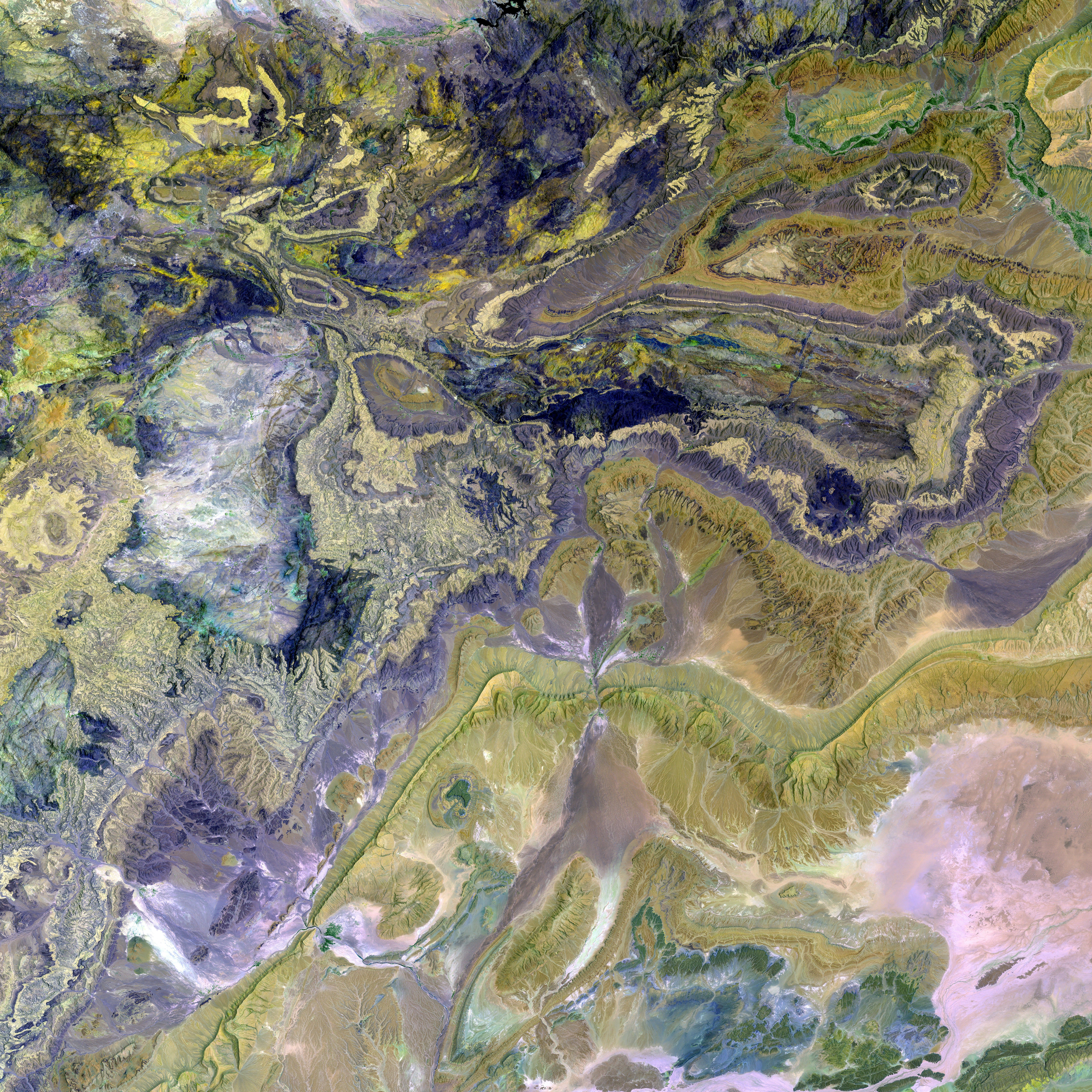Ukraine's President, Zelensky, responds to the prospect of engaging in direct dialogue with Russia.
Ukraine-Russia Negotiations: A Complex Standoff
As spring blossoms, the geopolitical landscape remains frosty between Ukraine and Russia. While Zelensky called upon European powers, particularly the UK and France, to join the diplomatic dance, he didn't specify exactly which Russian reps in Kyiv are open to dialogue.
"Alright, even taking the initial move – a truce – ain't a walk in the park," Ukraine's leader told Ukrainform agency, forewarning about the challenges lurking in territorial disputes and sanctions.
What's more, Zelensky alleged that some nations are secretly signaling for Kyiv to tango alone with Moscow post a truce. The leaders allure to hidden maneuvers highlights the intricate tapestry of international relations now weaved around this conflict.
The drama unfolds further with differing voices in the US sparring over future negotiation strategies and unwavering aid to Ukraine. Tammy Bruce, the US State Department spokesperson, hinted at Washington potentially forfeiting its peacemaker role in the negotiations, if things don't start moving. Yet, she clarified her lack of authoritative power over such decisions. Later, she reiterated the warning for potential cessation of American mediation.
With all the political drama unfolding, the standoff between Ukraine and Russia remains a complex dance, fraught with territorial battles, sanctions, and mediation maneuvers.
The Dance Partners: Europe and the US
Historically, European countries like the UK and France have provided robust military and economic support to Ukraine, vocalizing the need for Russia's adherence to international law and territorial sovereignty. However, their active involvement in the current negotiations is uncertain.
Meanwhile, the US mediation role has becomeDynamic, with the Trump administration stepping back from formal negotiations, shifting the onus onto Ukraine and Russia to engage directly without American mediation. Simultaneously, the effectiveness of US sanctions in resolving the conflict is a contentious issue.
The Main Act: Potential Truce and Territory
The truce is a high-stakes gamble, with Russia demanding full Ukrainian capitulation as a precondition for peace talks, a demand vehemently rejected by Ukraine, committed to safeguarding its territory.
The Encore: Sanctions and Economic Pressure
Sanctions against Russia remain potent, with Western nations maintaining economic pressure as a tool to influence Russia's actions, even as some question the effectiveness of sanctions in resolving the conflict.
In essence, the negotiations appear to be at an impasse, with complex challenges ahead, including Russia's persistence for territorial concessions and Ukraine's steadfast defense of its sovereignty. The US has receded from mediation efforts, while European countries continue to extend military and economic aid to Ukraine. The dance continues, and the outcome remains uncertain.
- Ukraine's leader, Zelensky, is urging European powers like the UK and France, among others, to join the negotiations with Russia, emphasizing the need for a truce and peace in the war-and-conflicts domain.
- The US State Department spokesperson, Tammy Bruce, has pointed out that Washington might withdraw from the negotiation process if there's no progress, emphasizing their policy-and-legislation stance on the ongoing conflict.
- In general-news circles, there's ongoing speculation about Ukraine's readiness to negotiate with Russia, with some allegations suggesting secret signals for Kyiv to handle things alone after a potential truce, highlighting the complexity of international politics.
- The cessation of violence in Ukraine-Russia negotiations appears to be a complex affair, with Ukraine reluctant to capitulate to Russia's territorial demands and Russia persisting in its requests, leading to a standoff that continues to dominate the headlines.
- Sanctions against Russia remain a significant factor in the ongoing negotiations, with Western nations using economic pressure as a means to influence Russia's actions, yet the effectiveness of these sanctions in resolving the conflict is still a matter of debate.







